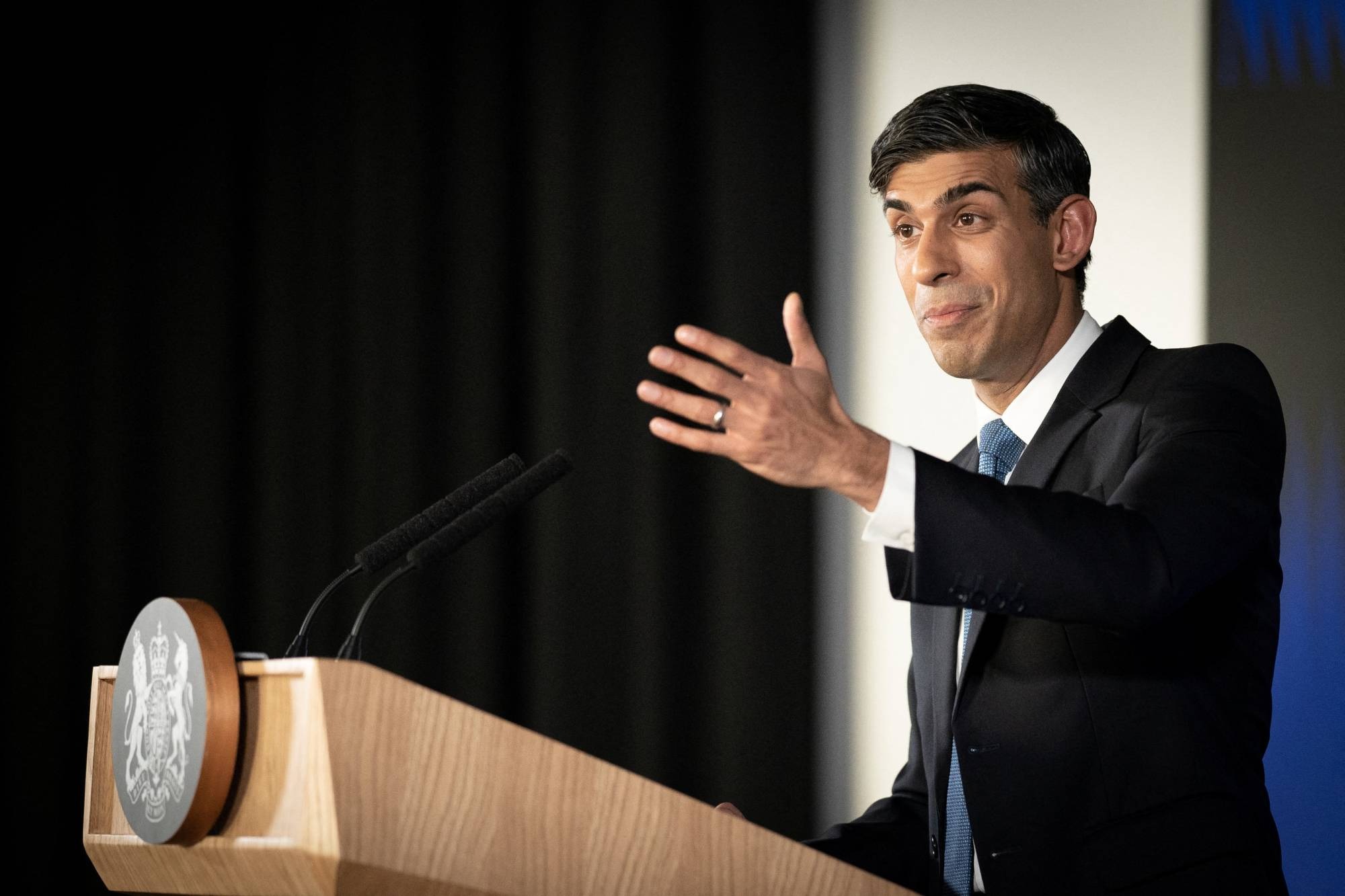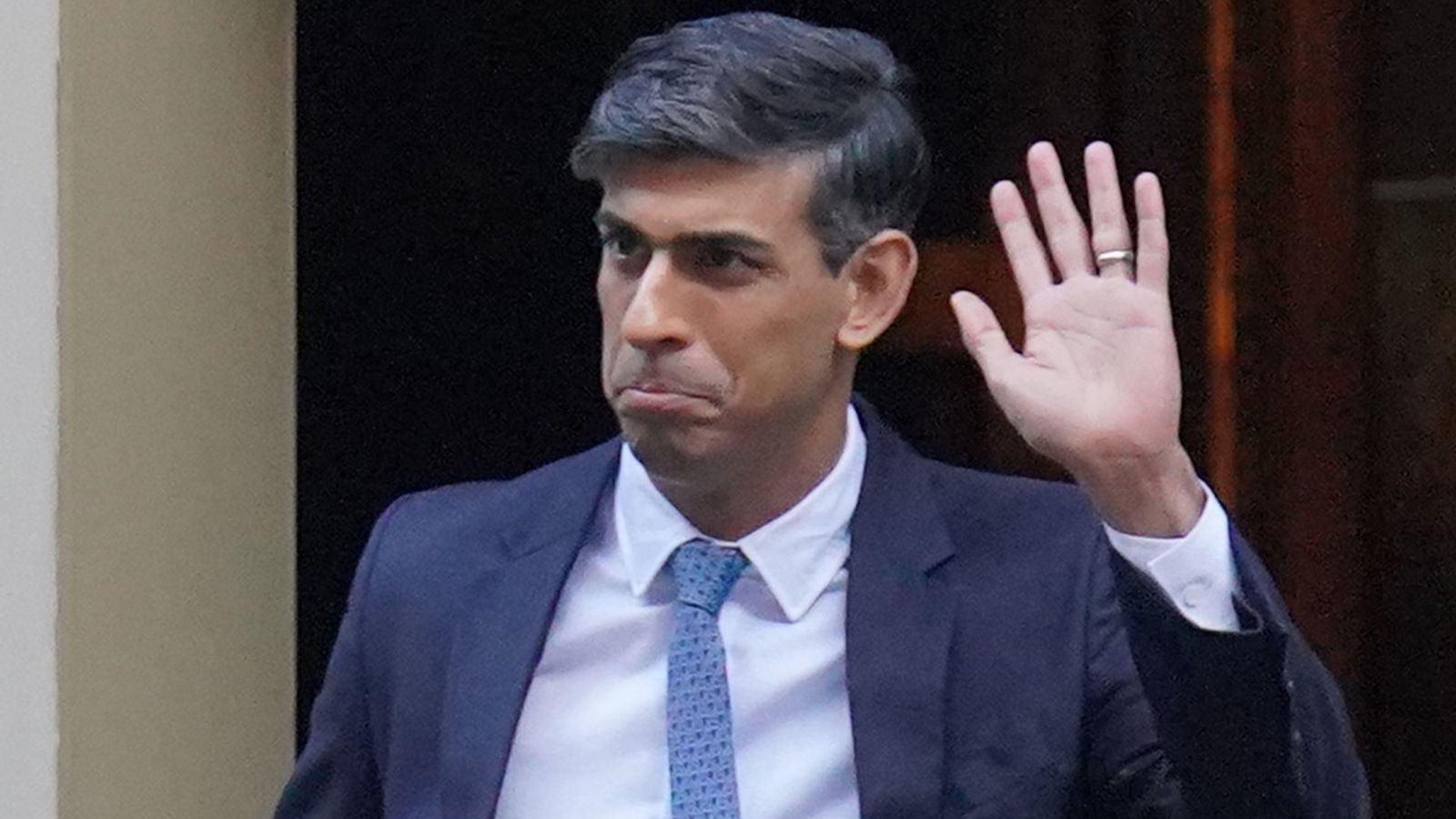Armed Forces Minister James Heappey is poised to leave the government and step down as a Member of Parliament, dealing another setback to Rishi Sunak.
Government sources speaking to the PA news agency corroborated reports from The Times, confirming that the Conservative MP for Wells, Somerset, will exit his role by the end of the month.
In a letter shared on Twitter/X, Heappey affirmed his decision not to seek reelection at the upcoming General Election, citing a desire to prioritize his family and explore alternative career paths.

UK Minister, Sunak (Credits: The Japan Times)
Expressing gratitude to the Wells and Mendip Hills Conservative Association for their support, Heappey pledged ongoing support for the Prime Minister until he is requested to step down, after which he will transition to the backbenches.
The Times article indicated that Heappey had been under observation for resignation from his ministerial post, with colleagues raising concerns about dissatisfaction with defense spending levels. The Ministry of Defense declined to provide a statement on the matter.
Heappey’s military background, reaching the rank of major during a decade-long tenure in the Rifles, included service in various conflict zones such as Afghanistan, Iraq, Northern Ireland, and Kenya.
Speculation had previously circulated regarding Heappey’s potential ascension to the position of defense secretary following Ben Wallace’s resignation the previous year.

UK Prime Minister Sunak (Credits: Them)
His departure adds to the growing number of MPs announcing their exit from Parliament, with notable figures such as former Prime Minister Theresa May and former party chairman Sir Brandon Lewis among recent departures. As of Friday, 98 MPs had publicly declared their intention to either stand down or not contest their current seat.
Sunak, meanwhile, has ruled out the possibility of holding a General Election on May 2, previously indicating a preference for elections in the latter part of 2024.
The decision has drawn criticism from Liberal Democrat defense spokesperson Richard Foord, who characterized it as another setback for Rishi Sunak’s leadership.
The UK Government’s defense spending record has faced scrutiny amid heightened global tensions, including Russia’s actions in Ukraine, the conflict in the Middle East, and China’s military assertiveness in the South China Sea.
During a recent visit to Poland, Transport Secretary Shapps advocated including a 3% defense spending target in the Conservative Party’s election manifesto, citing the imperative of bolstering defense capabilities.
However, Chancellor Jeremy Hunt’s recent Budget did not allocate additional funds for defense, prompting criticism from former military leaders such as Lord Stirrup, who cautioned against tying military spending to economic conditions rather than national security imperatives.























